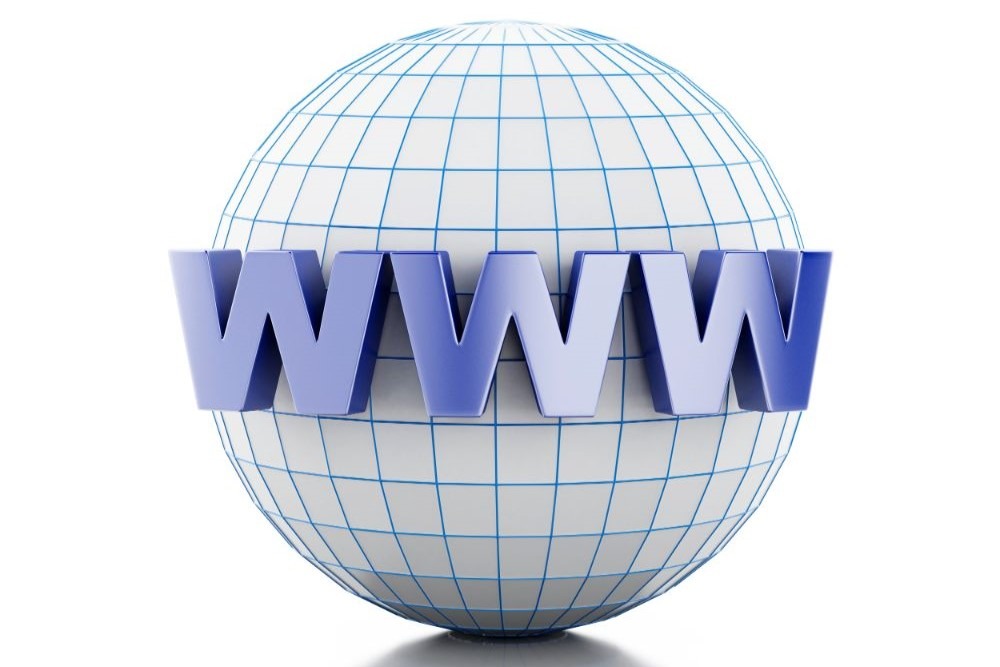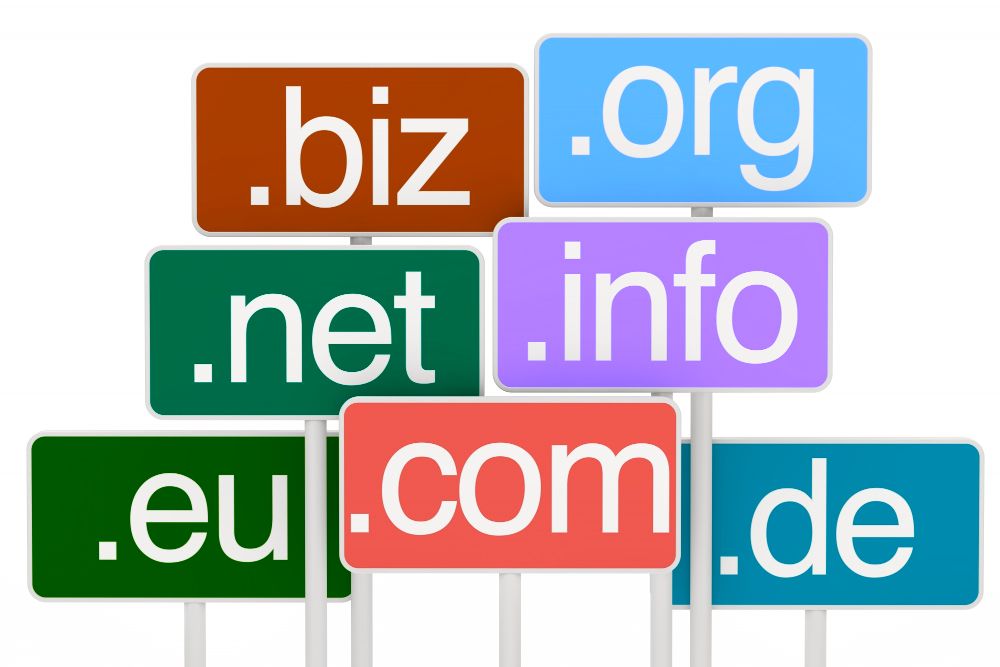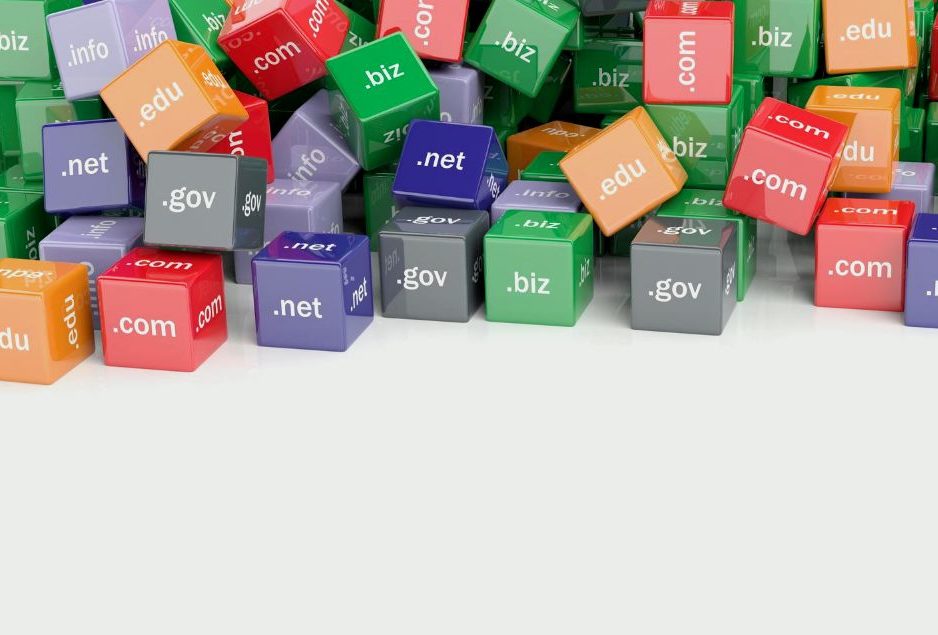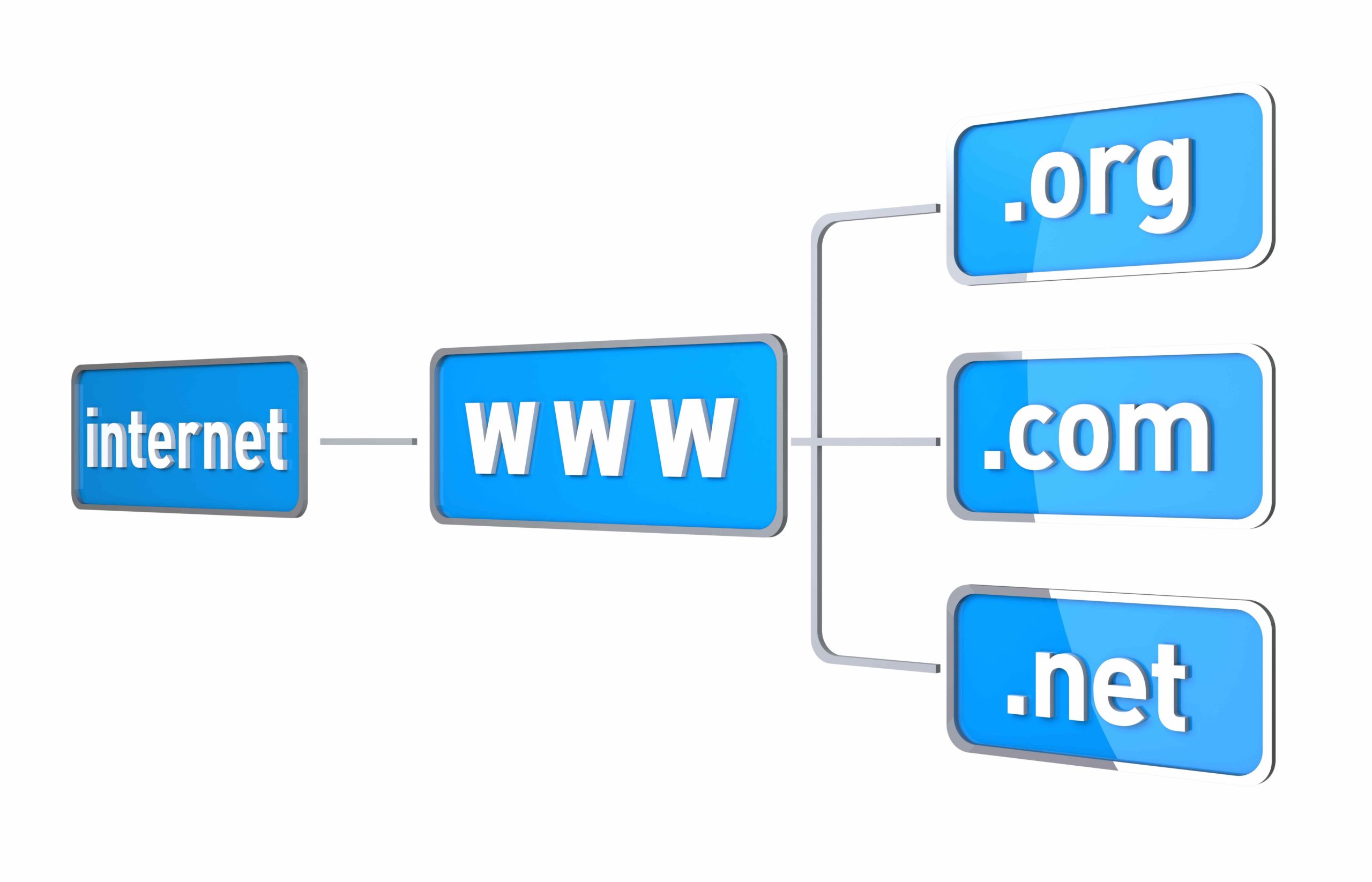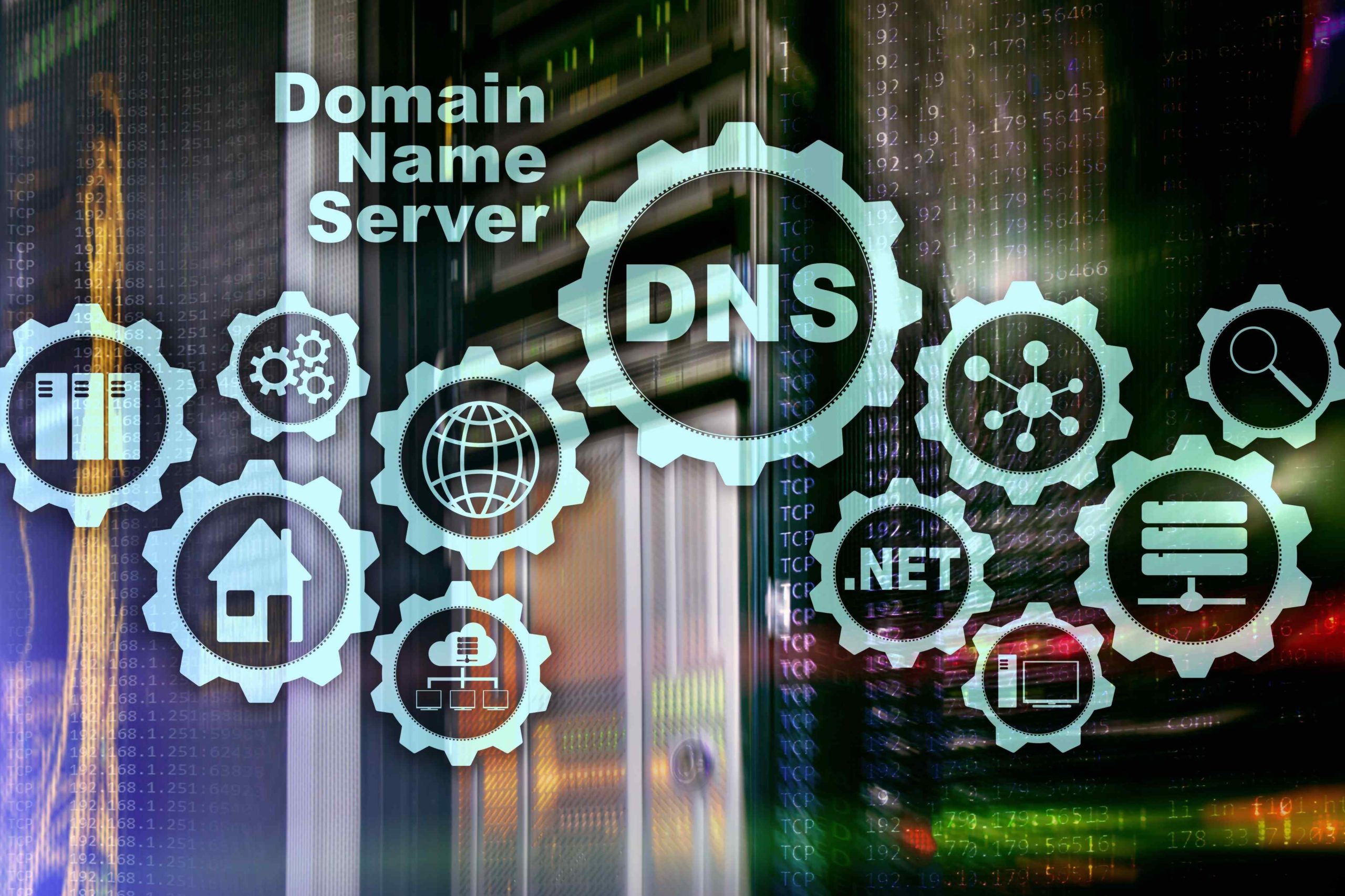
Renting a domain name presents a practical solution for people and businesses looking to establish an online presence without the initial expense of buying a domain.
This service grants access to desired web addresses already registered by others.
However, navigating the legal and practical aspects of domain name renting needs careful consideration.
In this article, we delve into the concept of domain name renting, weigh the pros and cons, and provide helpful insights for those dealing with the complexities of owning and using domains.
Key Takeaways
- Renting a domain name is an alternative to buying or leasing a domain, where your business pays for the rental of a domain name already owned by another party.
- When you rent a domain name, you do not have full ownership over it. The owner can terminate the rent at any time and may have control over the domain’s use.
- Renting a domain name allows for more flexibility in terms of contract duration. Unlike leasing or buying, which often involve long-term commitments, renting typically occurs on a monthly basis.
- Renting a domain name can provide an extra layer of protection against potential legal liability. If you are concerned about trademark claims or other legal issues, renting can be a way to test the waters before committing to a more expensive purchase.
- Domain marketplaces and domain brokers can help you find domains for rent or lease.
- Always get any contract in writing and make sure to be clear on all terms. This will help avoid any unpleasant surprises or disputes later on.
- Before you decide to rent a domain name, it’s crucial to thoroughly research and investigate to make sure that the domain is a good fit for your business. This includes checking for any possible legal problems or trademark disputes that could arise.
What is Domain Renting?
Domain renting is a practice where you rent a domain name from its owner, allowing you to use it for your online activities while under a specific contract. This arrangement may be monthly, occur in groups of months, or span a year. It allows you to use a domain name without owning it outright.
Although the popularity of domain renting dropped after 2015, it’s still a viable strategy in today’s digital landscape. You can use this avenue to avoid potential legal issues and enjoy flexibility in your contract. Plus, it opens the door to premium domain names that might be too pricey to purchase.
However, it’s not all smooth sailing. Renting means you don’t possess ownership of the domain, and any links built to your site will benefit the owner.
If your business takes off, buying the domain could become costly. Also, you have less control, as the owner retains the power to use the domain as they please.
Why Should You Rent a Domain Name?
You might consider renting a domain name for several compelling reasons:
- Cost-effectiveness: Renting a domain name can be a financially savvy choice, particularly if you’re launching your online venture on a tight budget. Accessing premium domain names through rental agreements can be more affordable than purchasing them outright.
- Flexibility: Renting provides flexibility that ownership doesn’t offer. If a domain name doesn’t meet your expectations or business needs, you can simply let the rental agreement expire without facing a significant loss. This flexibility enables you to experiment with different domain names to find the best fit for your audience.
- Legal protection: Renting a domain name can shield you from potential legal liabilities, especially if there are trademark issues associated with the domain. As a renter, you’re not the owner responsible for addressing trademark claims, providing an added layer of protection for your business.
- Rent-to-own opportunity: Some rental agreements offer a rent-to-own option, allowing you to gradually build your online presence with the potential to purchase the domain in the future. This approach reduces upfront costs and provides a clear path to ownership as your business grows.
Where Can You Rent Out Domain Names?
You can rent domain names through various methods, including private outreach, domain marketplaces, and domain registrars.
Private outreach involves reaching out directly to the owner of a specific domain name that interests you.
Domain marketplaces like Rentstant allow lessors and lessees to connect and list domain names for rent. Additionally, domain registrars like GoDaddy and Namecheap offer the option to register and rent domain names, providing a dedicated namespace for businesses that rent goods to consumers, such as property management companies and car rental services.
Domain brokers can also be approached to lease a domain, as they are experts in negotiating domain deals and can help find potential lessees.
Buying vs Renting a Domain: Pros and Cons
When deciding between buying and renting a domain, there are several factors to consider. Here are the pros and cons of each:
Buying a Domain
Pros:
- Complete ownership and control over the domain.
- Potential long-term cost savings, especially for a domain needed indefinitely.
- No restrictions on usage or link building.
Cons:
- Higher upfront costs, especially for premium domains.
- Responsibility for annual renewal fees.
- Potential loss if the domain is no longer needed.
Renting a Domain
Pros:
- Option to use a premium domain that may be unaffordable to purchase outright.
- Lower initial costs, as leasing involves periodic payments.
- Flexibility to test a domain’s performance before committing to purchase.
Cons:
- Lack of ownership and full control over the domain.
- Ongoing payments without the guarantee of eventual ownership.
- Risk of the lessor selling or taking down the domain.
Evaluating your specific needs and long-term plans is important when deciding between buying and renting a domain. Consider factors such as budget, intended usage, and the value of full ownership versus temporary access.
You can learn how to choose the right domain name here: https://quirk.biz/domain-name-best-practices/
Things You Should Consider When Renting a Domain Name
If you’ve decided that renting a domain suits your needs better than buying it, it’s important to set clear agreements with the domain owner to guarantee a smooth and successful rental process.
Here are a few things you should consider:
Understand the Agreement
- Read the contract thoroughly. Don’t overlook any clauses that may lead to complications later.
- Ensure the rental period, price, and terms of use are clearly defined.
- Look for a clause that allows for the possibility of purchasing the domain in the future.
Negotiating the Price
- Don’t be afraid to negotiate. The listed price isn’t always final.
- Consider the value of the domain to your business when deciding what you’re willing to pay.
Defending Your Interests
- Protect your brand by ensuring you have the right to use the domain for your specified purpose.
- Consider involving a legal expert to review the contract before signing.
How Much Does It Cost to Rent a Domain Name?
Domain rental prices typically range from as low as $20 to several thousand dollars per month. Premium domains often come with higher rental rates compared to lesser-known ones, especially those with popular extensions like .com.
The cost of renting a domain name varies based on several factors, primarily the domain’s popularity and desirability. Higher-traffic, premium domains generally command higher rental fees due to their potential to attract significant web traffic.
In addition to the rental fee, consider other ongoing costs such as domain management services, hosting, and potential renewal fees. Review the rental agreement thoroughly to understand all associated costs and avoid unexpected charges.
Negotiation between you and the domain owner is crucial in determining the final rental price. Both parties must agree on a price that reflects the domain’s value. It’s essential to remember that renting a domain doesn’t equate to ownership at the end of the lease term.
Beware of Incorrect Domain Rentals
When negotiating the cost and terms of renting your domain, be cautious to avoid pitfalls and incorrect rentals. Some lessors may try to trap you with misleading contracts or high fees. Remember, as this concerns your business, you have the right to fully comprehend and agree to all terms before finalizing the deal.
Here’s what you need to keep an eye out for:
- Unclear Contracts: Ensure the contract is transparent and straightforward. If there’s anything you don’t understand, seek clarification or legal advice.
- Hidden Fees: Watch out for hidden costs that could inflate your rental fee. These can include management fees, renewal fees, or transfer fees.
- Unfair Terms: Be wary of contracts that favor the renter significantly more than you. For example, a contract that permits the lessor to terminate the agreement without notice can leave you in a difficult situation.
- Ownership Issues: Make sure the renter actually owns the domain.
- Fake Registrations: Some renters may try to rent out domains they don’t own. Verify the ownership of the domain through a WHOIS lookup.
- Renewal Scams: Beware of renters who attempt to trick you into renewing your rental contract under unfavorable terms. Always read the fine print.
Conclusion
When deciding whether to rent or buy a domain, consider factors such as budget, intended usage, and the value of full ownership versus temporary access. Having a solid business plan and choosing the best “location” for your business is essential.
In summary, renting a domain name can be a cost-effective and flexible solution for using a premium domain, but it’s crucial to weigh the pros and cons and assess your specific needs before making a decision.















